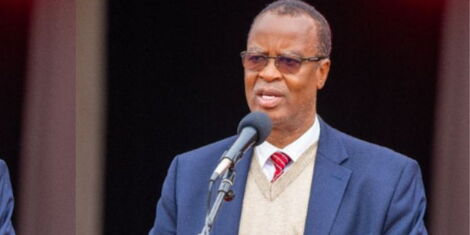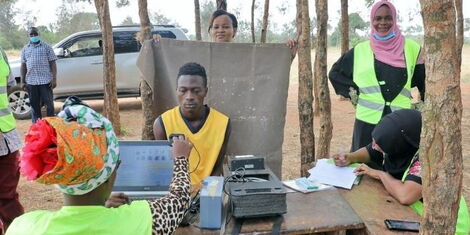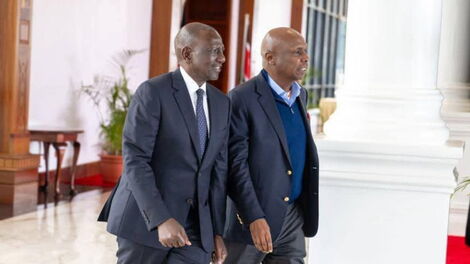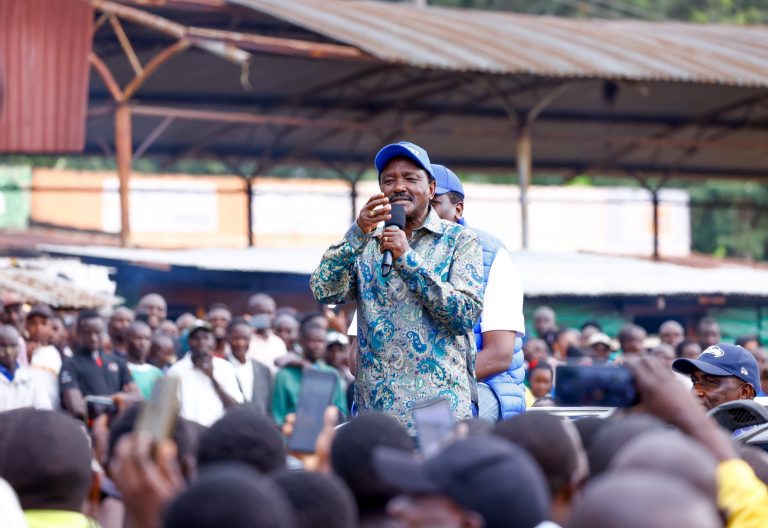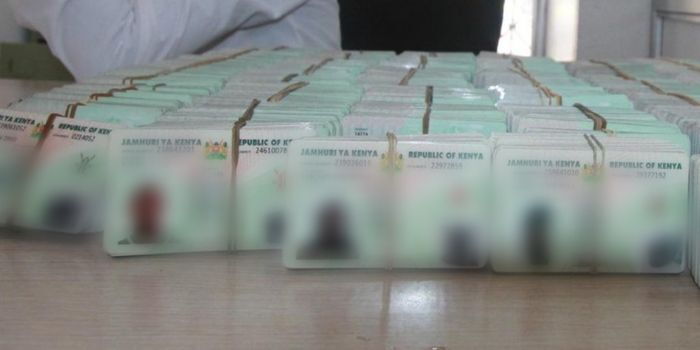Kenya today saw a surge of nationwide protests as thousands took to the streets marking the one-year anniversary of last year’s deadly anti-tax demonstrations. The gatherings have swiftly turned into a day of mourning and anger, centering on unresolved cases of police killings and official inaction.
Razor-wire barricades and heavy policing
At dawn, security forces encircled Parliament and State House with razor wire along major thoroughfares including Jogoo, Ngong, Limuru, Kiambu, and Mombasa Roads. Entry into Nairobi’s CBD was severely restricted, and government buildings were fortified in anticipation of protests.
Protesters vow to honour last year’s victims
These demonstrations commemorate the June 25, 2024 protest, during which at least 60 lives were lost and Parliament was stormed before security forces fired on crowds. Today’s marchers, mainly young and holding portraits of the deceased, chanted “Ruto must go,” underscoring that public outrage remains unresolved.
Sparked anew by recent police killings
The death of 31‑year‑old blogger and teacher Albert Ojwang in police custody on June 8 sparked fresh demonstrations — an independent autopsy showed signs of assault, prompting six murder charges against police officers. Further anger flared last week after 22‑year‑old vendor Boniface Kariuki was shot at close range by a police officer in Nairobi, sustaining serious injuries.
Police crackdowns and clash‑reporting emerge again
In Nairobi, tear gas and water cannons were deployed to disperse crowds attempting to breach barricades. Peaceful marches also unfolded in Mombasa, Nakuru, and other cities with minimal violence reported.
Counter‑protesters mobilized
Separate groups of pro-government individuals, armed with wooden clubs and riding motorbikes, have organized to “protect property,” some reportedly linked to Nairobi’s county governor figuratively known as “Team Sakaja.” They deny official backing but admit to being financed by local business owners.
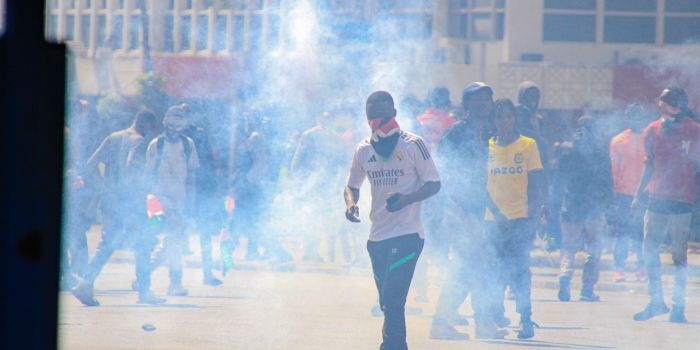
International alarm and diplomatic outreach
Western embassies issued a joint call urging peaceful demonstrations and condemning undercover policing and hired thugs targeting protesters. Amnesty International and other rights groups have warned that harassment of demonstrators and associated abductions reflect a broader slide in civil liberties .
Government pledges accountability amid public distrust
The interior and foreign affairs ministries have stated they will channel any cases of police misconduct through formal judicial processes. President Ruto, whose handling of last year’s finance bill protests drew widespread criticism, reaffirmed his commitment to law enforcement agencies — but many see the vow as insufficient.
These protests reflect deep-seated grievances over police accountability, economic hardship, and political dissatisfaction. While today’s events have remained mostly peaceful, the specter of violence remains amid heavy security presence and organized counter‑demonstrators. As dusk falls, Nairobi’s streets remain tense, and the call for justice grows louder.


